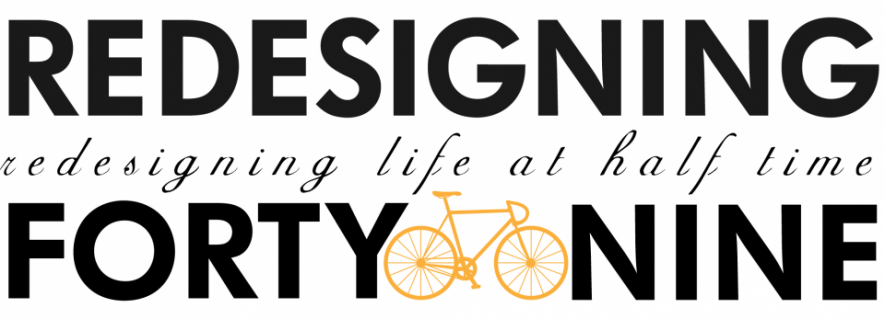I was sharing with my friend Mara my concerns about the lack of trust among the stakeholders in Bay-Delta water issues. She suggested I read The Speed of Trust by Stephen M.R. Covey (son of). I finally got my hands on the book and started reading it. It has really given me pause.
All of us living in the States can probably come up with our own examples of the trust erosion in society. I was in 5th grade when the Watergate scandal happened. It made an impression on me in large part because it really shook up the grown-ups I loved and admired, especially my 5th grade teacher Mrs. Stone. And it seems to have only gone downhill since. Sometimes our perceptions match reality and in this case, those people who measure such things confirm that indeed it has.
Interestingly, not every place has experienced the same degree of decline. In Scandinavia, 68% of respondents said they could trust others, compared to 34% in the U.S. and 29% in Great Britain. I can’t find the original paper by David Halpern to see if Kiwis have higher levels of trust, but I suspect they do.
I was reading for ideas to build trust in relationships, organizations, markets and society. Covey makes the case that it starts with self-trust. I took the survey in the book (you can take the on-line survey: http://speedoftrust.com/new/resources/who-trusts-you/) and realized that while I live congruently with my values for the most part and keep my commitments to others, the person I let down the most is myself. I often set goals and make commitments (especially around eating or exercise or money management) and then violate those agreements with myself.
It is a bad habit that started innocently enough. When my children were really small and physically vulnerable I got into the good habit of putting them first. As they grew and became more capable I let that habit continue because it fed my insecurity about being lovable. If I do for others or show how much I care for others I will be more lovable. As a result I have a difficult time valuing myself enough to stand by what I say I will do for myself. I keep my commitments at work, even if it is difficult or inconvenient. If I tell you I’ll help you move, I’ll be there even if I have a migraine. However, if I am following a budget and I think it will please someone if I treat for coffee, I will do so even when it’s not in my budget. I do not believe I am alone in this challenge. I am going to begin tackling this in my redesign.
I do not think it was a complete coincidence that before I started reading this book my heart was prepared by something I watched on-line. My friend Connie urged me to watch Oprah’s LifeClass with Tony Robbins. Of course I had heard of Tony Robbins but somehow managed to never actually see him or read his books. I tuned in (to please Connie) and first I had to recover from how much Tony Robbins is like my friend Chris Block in energy and even voice (predisposing me to like Tony Robbins); and then his message about our stories keeping us stuck in an unhappy place was not new (thanks Coaches Training Institute), but his delivery gave me a needed jolt and started me on the path of looking at my stories. A lot of my “stories” are about how I need to go it alone because I am not lovable or because I am the only one I can depend on. (Stories do not have to internally consistent or true.)
This is what I will be working on in my redesign.
Meanwhile, I continue to write a screenplay and revise my novel, have conversations with stakeholders about water, and ride my bike.
One last thought about the fragility of trust: Covey quotes a lot of people who have lost credibility in the last few years. The book was written in 2006 and since the crash and other events, I believe that if he were to write the book today he would leave out these quotes:
Whether you’re on a sports team, in an office or a member of a family, if you can’t trust one another there’s going to be trouble. –Joe Paterno, Head Football Coach, Penn State
To me, integrity, the root word, really has to do with the whole man, with character, with completeness and goodness. I think of a man or woman of integrity as someone who is balanced and complete, with high character. A person of principle. –Hank Paulson, Chairman and CEO, Goldman Sachs
Rules cannot take the place of character. –Alan Greenspan, Former Chairman, U.S. Federal Reserve.
More resources and ideas:
The Hidden Wealth of Nations, David Halpern at RSA http://www.thersa.org/events/video/archive/david-halpern-the-hidden-wealth-of-nations
2012 Edelman Trust Barometer: http://trust.edelman.com/
